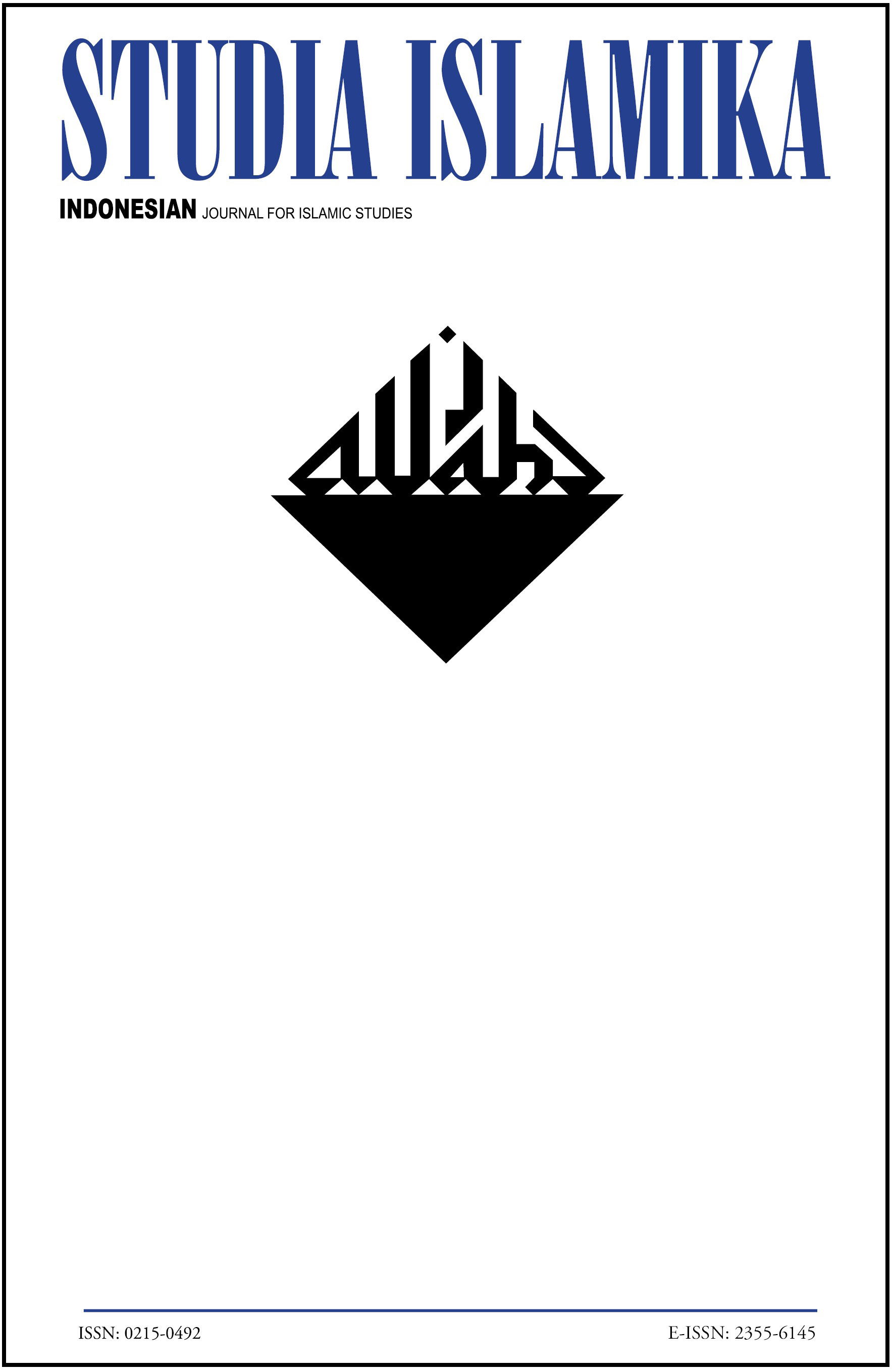Abstract
As a global phenomenon, the Anti-Shia movement in Indonesia is damaging the moderate characteristics of Indonesian Islam. Even though previous literature showed the role of state actors in Anti-Shia movement in Muslim-majority countries and uncovered religious, economic, and political causes, this current study focused on Anti-Shia framing and the contributing factors. Furthermore, fieldwork and library studies on MIUMI (the Indonesian Council of Young Intellectuals and Ulama) and ANNAS (National Anti-Shia Alliance) showed Shia was framed as a heretical sect and a source of conflict in Muslim society. To address this issue, a nationally applied fatwa and the prohibition of Shia organizations, institutes, and foundations were required, in addition to exercising jihad against Shia. This was due to interconnected factors between religious ideology, majoritarian mindset, and perceived threat. Therefore, cultural and socio-psychological dimensions were significant in social movement studies.Authors who publish with this journal agree to the following terms:
- Authors retain copyright and grant the journal right of first publication with the work simultaneously licensed under a Creative Commons Attribution License that allows others to share the work with an acknowledgement of the work's authorship and initial publication in this journal.
- Authors are able to enter into separate, additional contractual arrangements for the non-exclusive distribution of the journal's published version of the work (e.g., post it to an institutional repository or publish it in a book), with an acknowledgement of its initial publication in this journal.
- Authors are permitted and encouraged to post their work online (e.g., in institutional repositories or on their website) prior to and during the submission process, as it can lead to productive exchanges, as well as earlier and greater citation of published work.
Downloads
Download data is not yet available.


